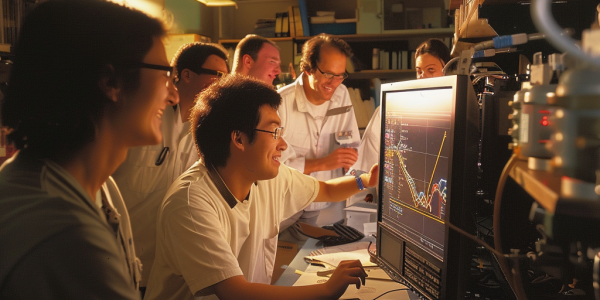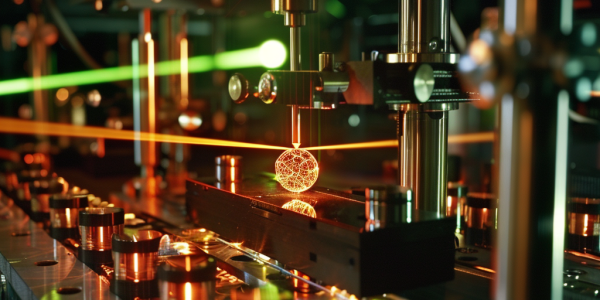Nuclear Clocks: A New Era in Precision Timekeeping
Nuclear clocks, a groundbreaking advancement in timekeeping, promise to exceed the accuracy of traditional atomic clocks by tenfold. This innovation could revolutionize GPS navigation and space exploration, offering unprecedented precision by measuring time based on atomic nuclei energy levels. As research progresses, nuclear clocks may redefine standards across various fields, impacting everything from telecommunications to fundamental physics.
Breakthrough in Nuclear Physics: Thorium-229 Nucleus Detected, Paving Way for ‘Nuclear Clock’
A groundbreaking discovery at JILA in Boulder, Colorado, has led to the successful detection of a signal from the thorium-229 nucleus, marking the dawn of the ‘nuclear clock.’ This unprecedented achievement in nuclear physics, celebrated by the research team, promises to unravel fundamental constants and reshape our understanding of time and the universe. With extraordinary precision, this measurement opens new avenues for exploring the stability of physical laws, heralding an exciting era in scientific exploration.
Breakthrough in Nuclear Physics: Excitation of Thorium Transition Achieved with Lasers
Physicists have achieved a significant breakthrough in nuclear physics by successfully exciting the ‘thorium transition’ using lasers. This milestone opens doors to revolutionary high precision technologies like nuclear clocks, potentially reshaping time measurement. The ability to manipulate this state could lead to advancements surpassing current atomic clocks, offering insights into fundamental physics questions. This achievement, published in ‘Physical Review Letters’, bridges classical quantum physics and nuclear physics, showcasing the potential of laser techniques in manipulating atomic nuclei.



